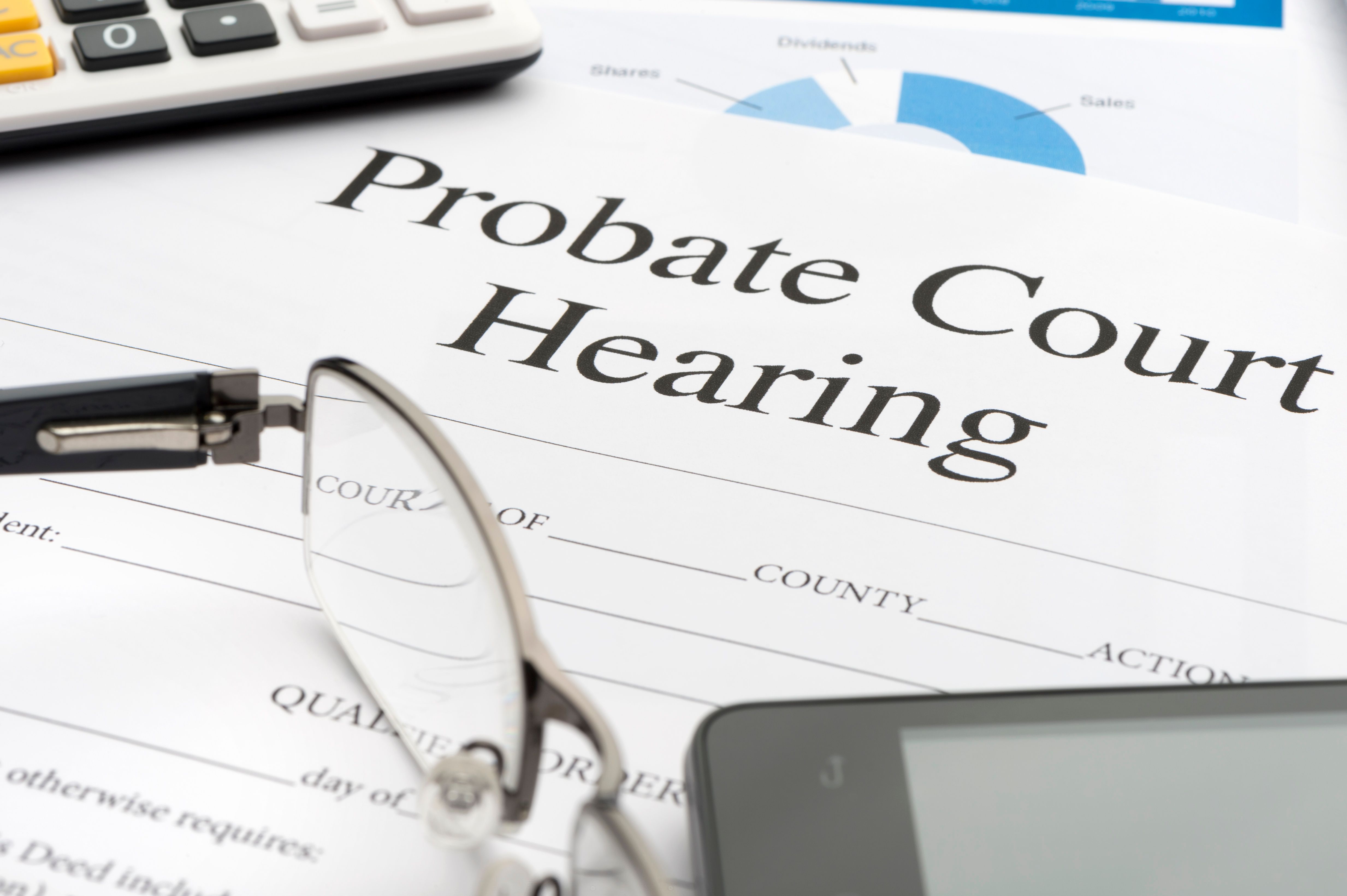Understanding the Probate Process in Norwell
JS
Introduction to Probate
Probate is a legal process that takes place after someone passes away, ensuring that their assets are distributed according to their will or state law. If you're a resident of Norwell, understanding this process is crucial, especially if you're involved in settling an estate. This guide will walk you through the essential aspects of probate in Norwell, providing clarity and peace of mind during a challenging time.
Probate can seem daunting due to its complexity and the legal jargon involved. However, by familiarizing yourself with the steps involved, you can navigate the process more effectively. Whether you're an executor, a beneficiary, or a concerned family member, understanding probate is vital for ensuring the deceased's wishes are honored.

When is Probate Necessary?
Probate is typically necessary when a deceased person owned assets solely in their name or when assets do not automatically transfer to a beneficiary. In Norwell, as in the rest of Massachusetts, the probate process is generally required unless all assets are held jointly or have designated beneficiaries.
For instance, if the deceased owned real estate solely in their name, probate is necessary to transfer the title to the rightful heirs. However, assets like life insurance policies, payable-on-death accounts, or jointly owned property may not require probate if beneficiaries are specified.
Types of Probate in Norwell
In Norwell, there are different types of probate processes available, primarily categorized into informal and formal probate. Understanding the differences between these processes can help determine the most suitable approach for your situation.
- Informal Probate: This is a simplified process used when the estate is straightforward and not contested. It generally takes less time and is less costly.
- Formal Probate: This process is necessary when there are disputes among heirs or when the estate is complex. It involves court supervision and can take longer to complete.

The Role of the Executor
The executor, also known as the personal representative, plays a crucial role in the probate process. Appointed by the deceased in their will, the executor is responsible for managing the estate, paying any debts, and distributing the assets to the rightful beneficiaries.
The executor must adhere to the legal obligations and timelines set by the court. This includes filing necessary documents, notifying creditors, and ensuring that all tasks are completed within the probate period. The executor's duties require diligence and an understanding of both legal and financial responsibilities.
Steps in the Probate Process
The probate process in Norwell follows a series of steps that ensure the proper administration of the estate. Understanding these steps can help you anticipate the journey ahead and prepare accordingly.
- Filing the Petition: The process begins with filing a petition with the probate court to open the estate.
- Notifying Heirs and Creditors: Heirs and creditors must be notified about the probate proceedings, providing them an opportunity to file claims against the estate.
- Inventory of Assets: The executor must compile a detailed inventory of the deceased's assets, including real estate, bank accounts, and personal property.
- Settling Debts and Taxes: The estate must settle any outstanding debts and taxes before assets can be distributed to beneficiaries.
- Distributing the Remaining Assets: Once debts and taxes are paid, the remaining assets are distributed according to the will or state laws.

Challenges and Considerations
The probate process can present various challenges, such as disputes among heirs or difficulties in locating all of the deceased's assets. In some cases, legal assistance may be necessary to navigate complex situations or resolve conflicts. It's essential to approach probate with patience and a clear understanding of the responsibilities involved.
Moreover, beneficiaries should consider the potential emotional and financial implications of the process. While it can be a lengthy procedure, ensuring that the deceased's wishes are respected and fulfilled is paramount. Being prepared and informed can make a significant difference in how smoothly the probate unfolds.